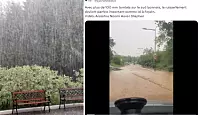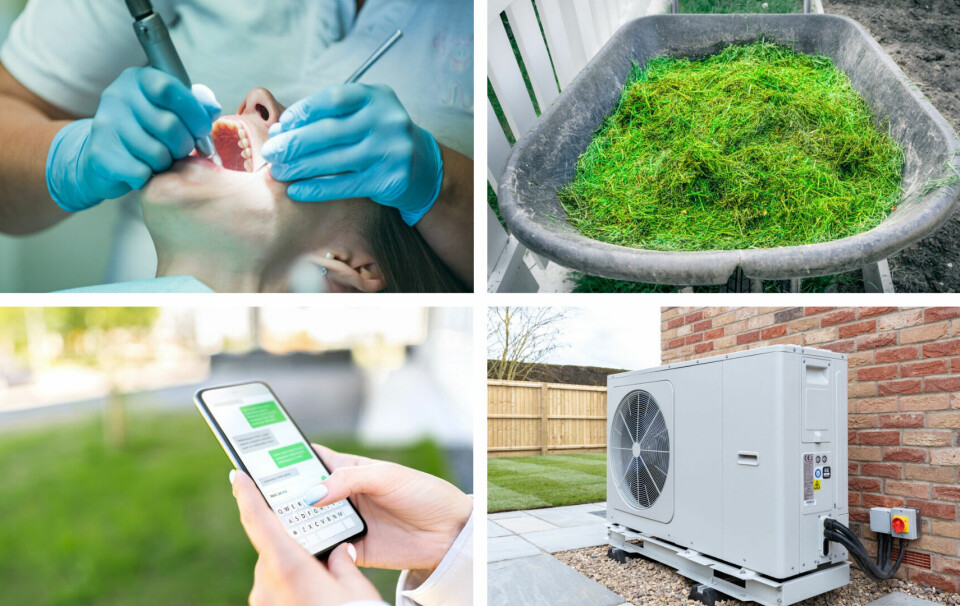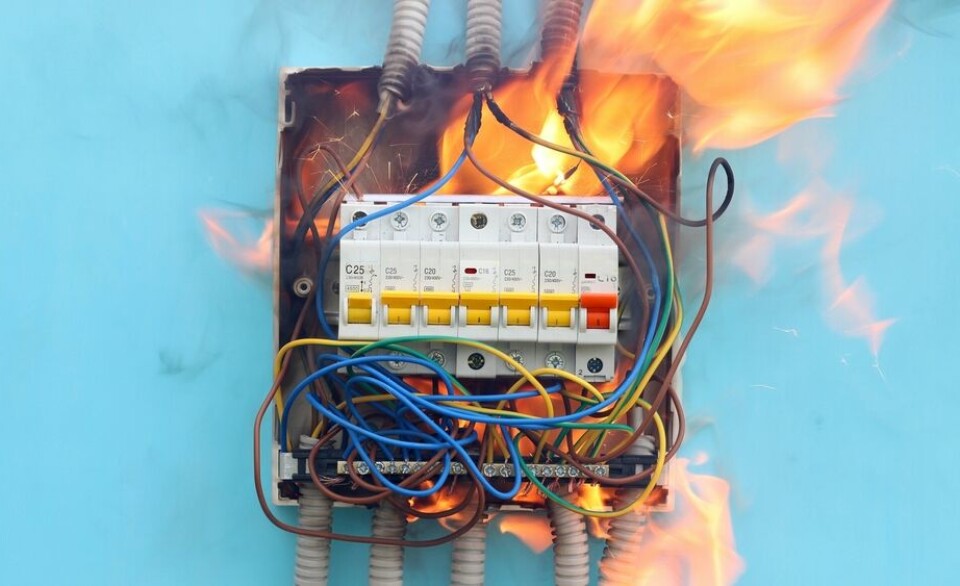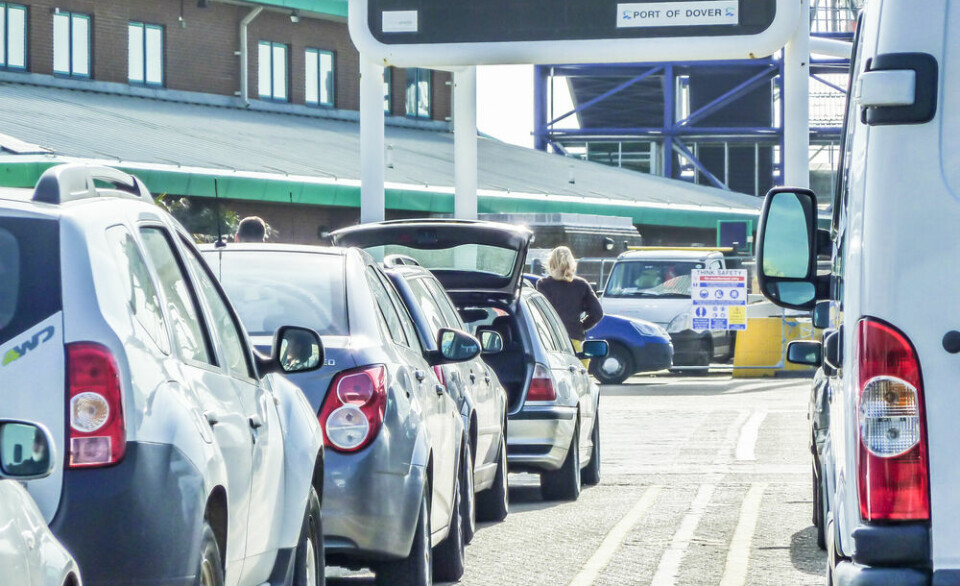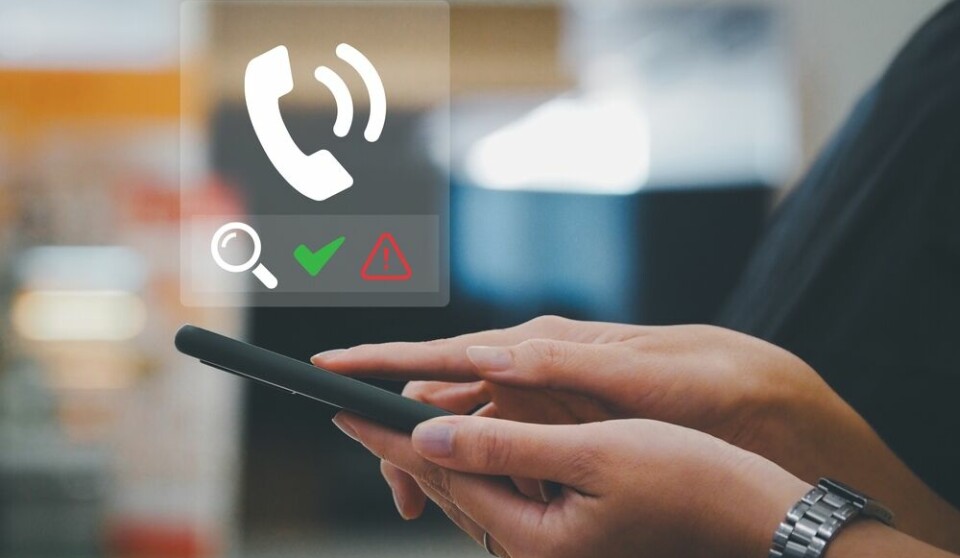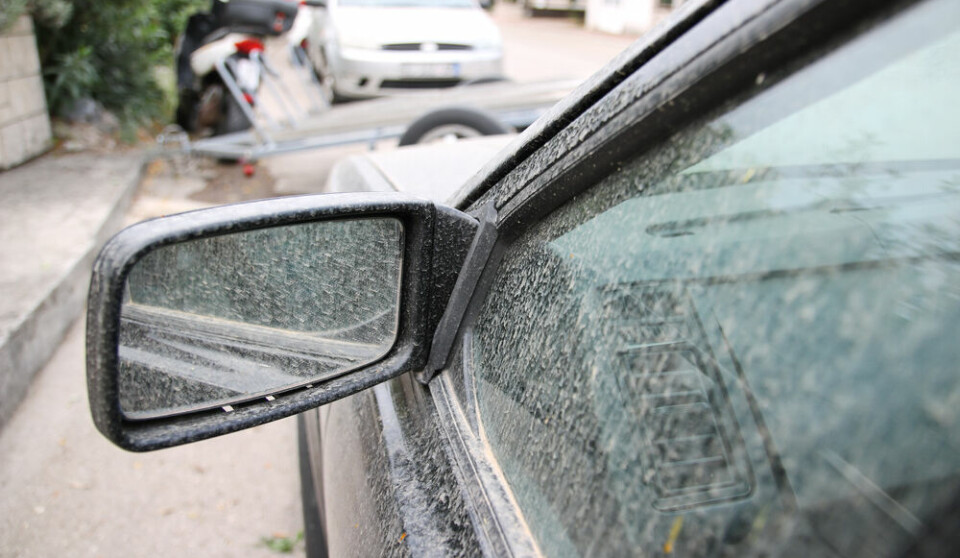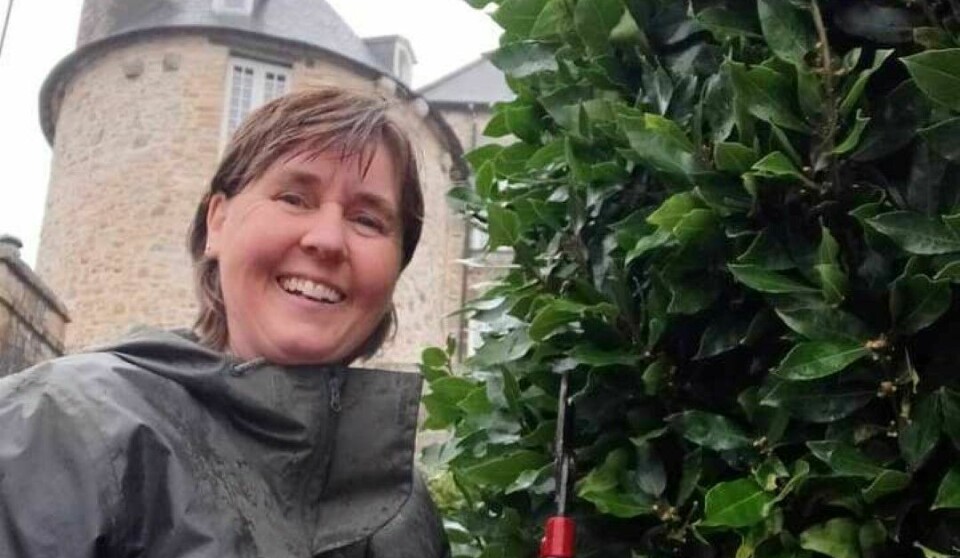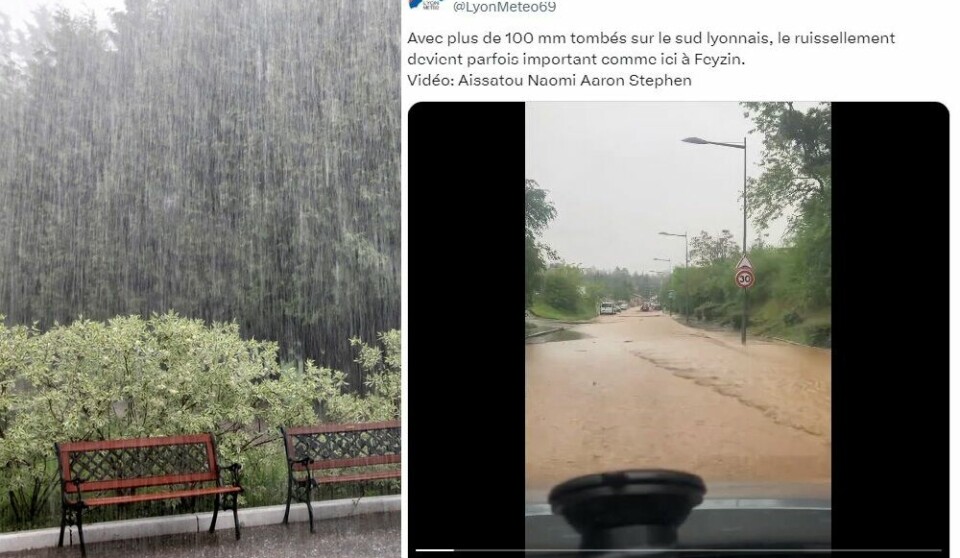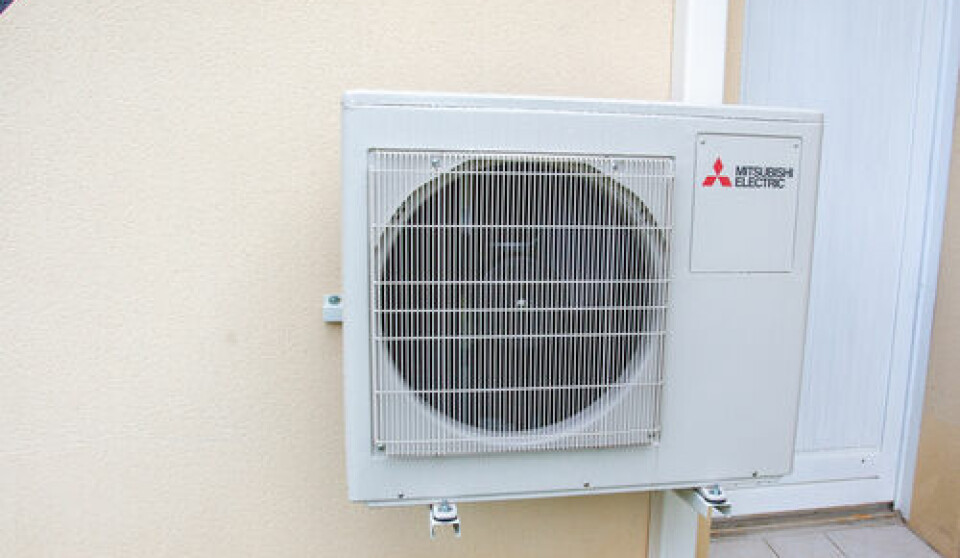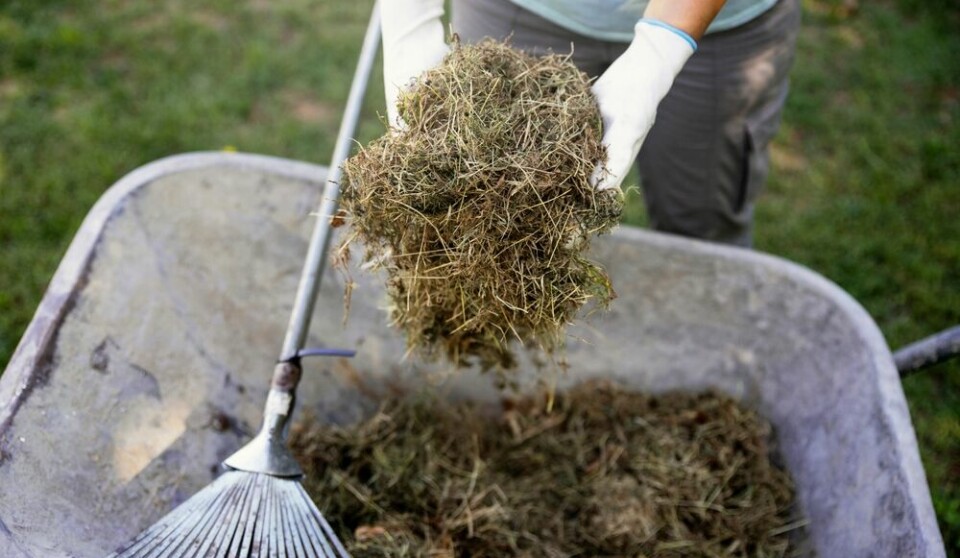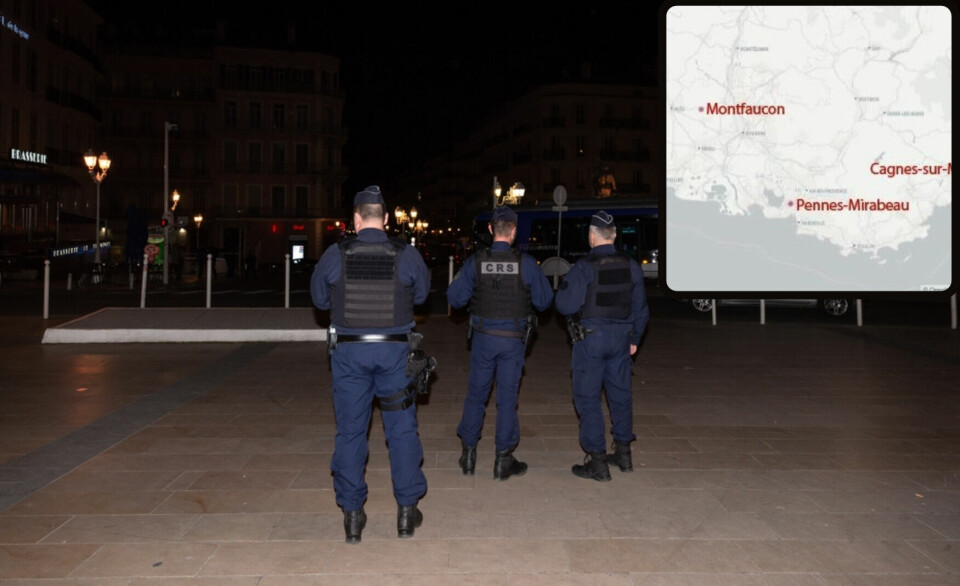-
Medical fees, eco-grants, gas prices: 5 changes this May in France
We also include the French income tax declaration deadlines for residents and second-home owners and other dates coming up
-
Storms on way for much of France. Will the cold spell continue?
We also share videos and photos of last weekend's dramatic weather in the south-west and east
-
Paris hospital dog trial goes from strength to strength
An English setter rescue dog at one of the world’s top cancer hospitals in Paris has been described as “a bubble of oxygen”
French nuclear disaster pill scheme extended
Around 2.2 million people who live within 20km of one of France’s 19 nuclear power stations are starting to receive coupons for iodine tablets to take in the event of a nuclear incident.

Before, only those living within a 10km radius were given the pastilles to keep at home but European safety officials recommended the zone be extended after the Fukushima accident in Japan.
Anyone receiving a coupon can exchange it for potassium iodine tablets free at any pharmacy.
During nuclear accidents, one of the sources of radiation likely to be released is iodine 131, which will be concentrated in the thyroid glands of exposed people unless the gland is already saturated with iodine from the tablets.
Exposure to iodine 131 increases the risk of thyroid cancer, especially among the young.
The website of nuclear regulator Autorité de Sûreté Nucléaire, distribution-iode.com, gives more details and features a video in which the head of nuclear medicine at the Gustave Roussy cancer institute explains why the programme exists. “If there is an incident, the take-up of iodine 131 and its concentration in the thyroid risks being rapid for anyone exposed,” he said.
He said the risks of side-effects are low and there were no known allergic reactions.
In the case of a nuclear incident, plans are in place for vehicles with loudspeakers to circulate warning people to stay indoors.
Sirens will also be sounded, the pitch fluctuating for one minute 41 seconds, with five-second gaps. The end of the alert will be a continual siren signal.
There will also be alerts by automated phone calls, websites, social media, radio and television.
In the case of an alert schools and other public facilities in the 20km zones will give out tablets. An estimated 200,000 facilities are included in the new zones.
Parents should stay home until the all-clear is given to avoid risk to themselves and their children.

